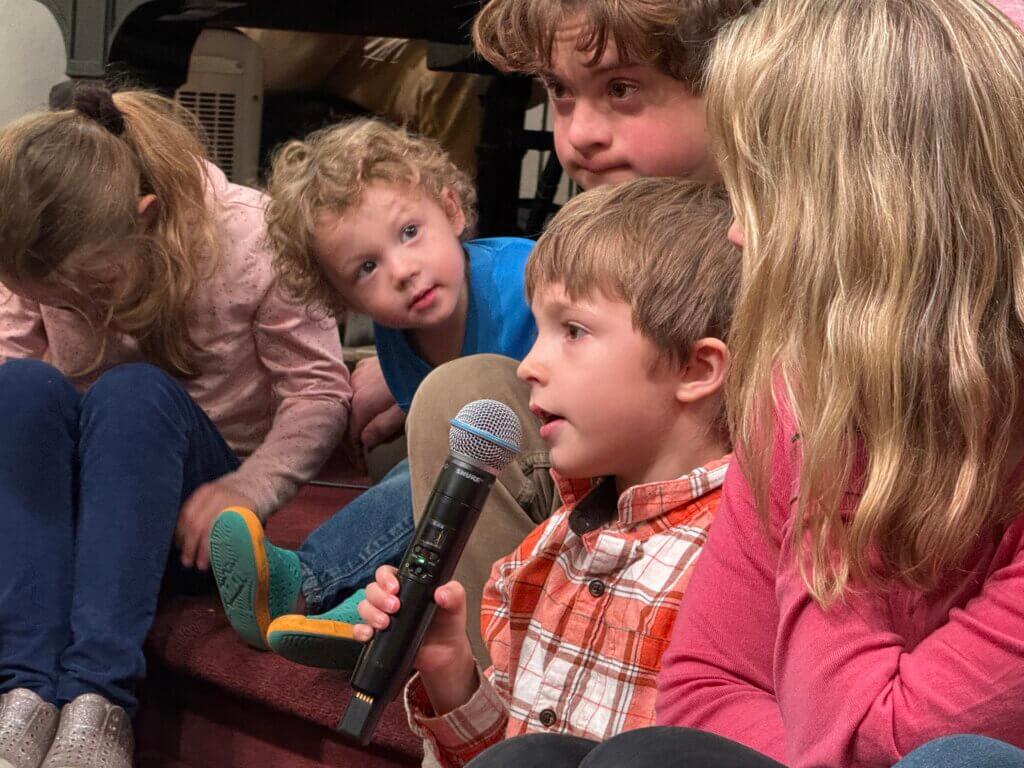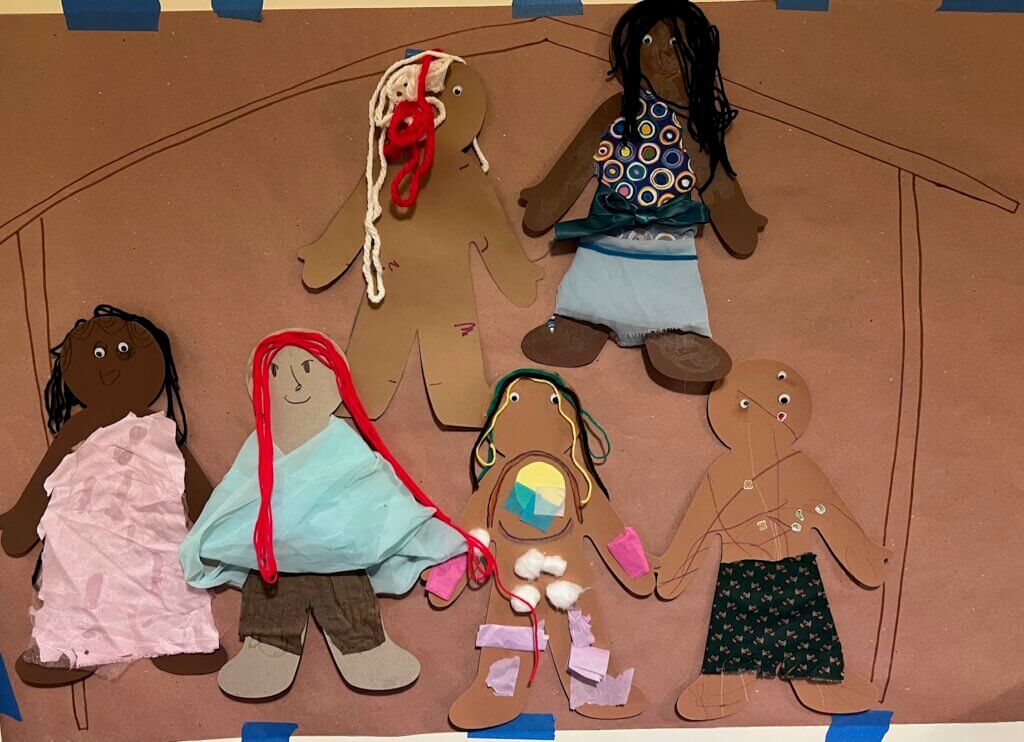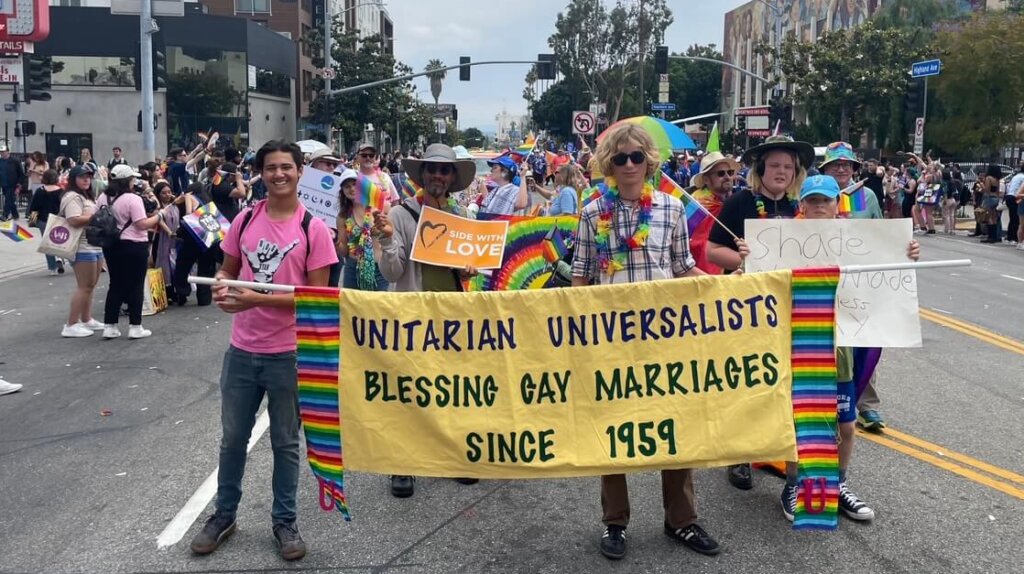In one of my first CYRE lessons here at UUSM, I was teaching the kids about “the golden rule” and how it shows up across many diverse spiritual traditions. In Jesus’s words (a rewording of a similar commandment from his own Jewish tradition), “do to others what you would have them do to you.”
“Oh yeah, Jesus,” one of the children said. “I know about him.”
“What do you know about Jesus?” I asked.
“He gave back to his community,” the child replied.
I suppressed a giggle — having previously been working with children in a Christian church, this was not the answer I was expecting. But then I thought about it for a moment — this child certainly wasn’t wrong, were they? Through his teaching, his healing, his acts of compassion and radical inclusion — Jesus absolutely gave back to his community.
This reframing of Jesus made me contemplate the fact that in order to give back, he first needed to receive from his community — from the love of his family, the wisdom of his religious tradition, the grain and grapes grown by Galilean farmers. The innocent words of a child had given me something new to consider, both historically and spiritually.
This is an example of the benefit of what Zen Buddhists call shoshin, or “beginner’s mind.” While the expert who has studied a certain topic for many years certainly has important knowledge that should not be devalued, a beginner brings something to the table that the expert cannot — a fresh pair of eyes. Without the “obstacle” of long accumulated knowledge getting in the way, the beginner can sometimes see things that the expert no longer can. In the words of Shunryu Suzuki, “in the beginner’s mind there are many possibilities, but in the expert’s mind there are few.”
In my role as Director of Multigenerational Religious Education, I am blessed with many of these close encounters with “beginner’s mind” through my work with children in our community. Their insights on Big Topics can often be funny, or profound, or both. Their deep questions can come so far out of left field that my only answer is, “That’s a great question…what do you think?” I find that we can both learn a lot just by talking through questions like “Can you be reincarnated as a rock?” or “Is God nonbinary?” or “Was my dog sad when he died?”, even if those questions had little to do with what was in my lesson plan. People who are so new to the world can’t help but embody the wisdom of shoshin in these conversations, and I’m grateful to have the opportunity to learn from them.
For those of us who are older, beginner’s mind must be cultivated through spiritual practice. Jesus — that guy who gave back to his community — said that we must “become like little children” in order to gain true understanding. I feel so blessed by getting to be in relationship with young people in our community, so that I can be reminded of what that means. Becoming like a child isn’t about being short-tempered or ignorant or selfish (qualities I see more often in adults who should know better than in children who are still learning how to be in the world), but about being open to all possibilities, unfettered by prejudice and cynicism and the many disappointments of life. That can be difficult as an adult, but it’s not impossible. And something that can help, as Jesus also knew, is being in the company of children — “for the kingdom of heaven (or, if you prefer, enlightenment) belongs to such as these.”
Jessica TenHave-Place
Director of Multigenerational Religious Education





